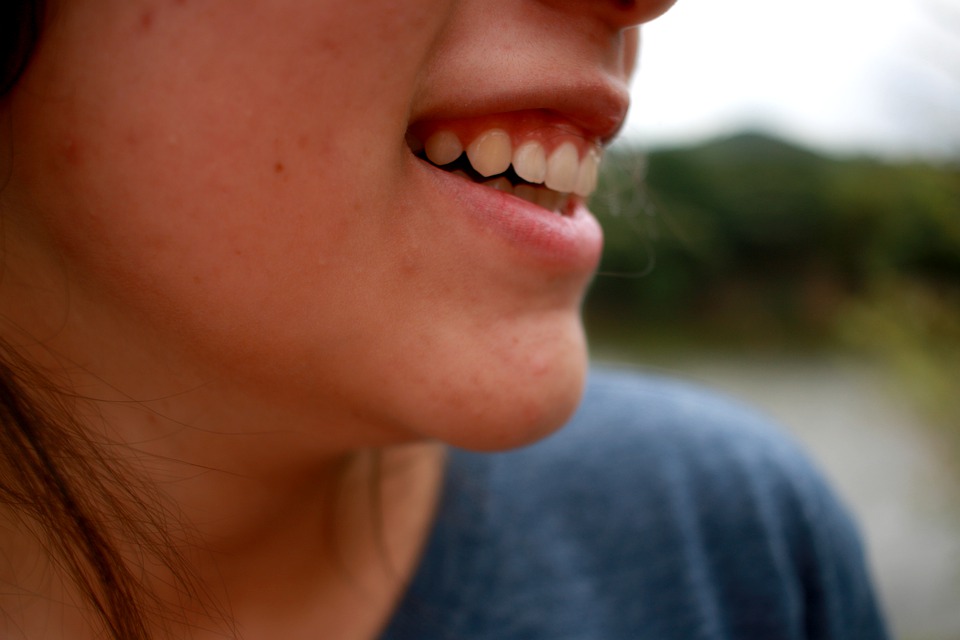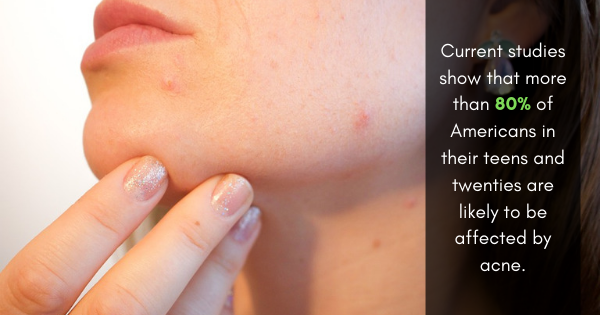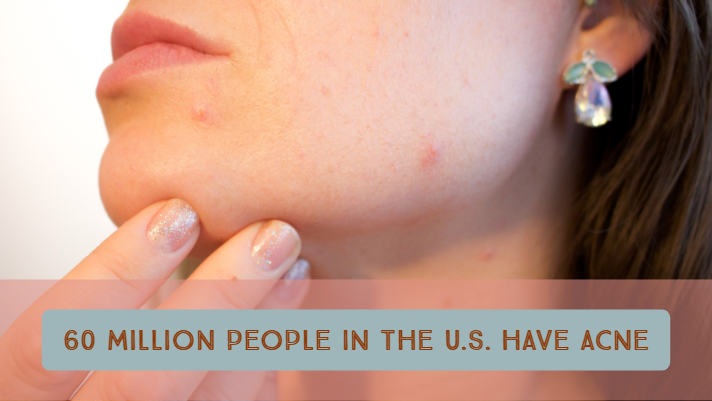
Here’s What Causes Acne Scarring — and How to Avoid It
Although popping your pimples might be tempting, the habit could do permanent damage to your skin.
Many people approach their acne with quick fix solutions, such as self-administered extractions, spot treatments, and cover-ups; however, if not treated properly, certain kinds of acne can leave permanent marks that cost thousands of dollars for a dermatologist or cosmetic surgeon to remove.
If you have a scar or two, not to worry — with 50 million other Americans suffering from acne, you’re far from alone. Still, chances are you’d like to minimize your chances of developing more unsightly and unnecessary scarring, so let’s run through its major causes, as well as some steps you can take to prevent permanent damage.
Know Your Acne
The first step in taking preventative measures against acne scarring is to identify which type of acne you suffer from. Although everyone’s breakouts are a little different, acne typically falls into two general categories — comedonal and inflammatory. Whereas comedonal breakouts are usually fairly harmless, consisting mostly of whiteheads and blackheads, inflammatory acne (which includes painful cysts and nodules) can easily lead to scarring if left untreated.
Just as not all types of acne are created equal, the scarring that results from them can vary as well. As Renee Jacques of the Huffington Post points out, there are several common types of scarring associated with inflammatory acne. Atrophic scars (otherwise known as “ice pick” scars) are some of the most common, appearing as indentations in the skin’s surface. Hypertrophic scars, which are raised bumps on the skin’s surface, are another common side effect of acne gone untreated.
Inflammatory acne usually necessitates more aggressive treatment than comedonal acne. Of course, “aggressive” can mean different things, depending on your skin type — it might be as simple as incorporating benzoyl peroxide into your cleansing routine, or in more extreme cases, implementing an antibiotic regimen.
Don’t Be Picky
Whatever kind of acne you have, our number one tip is this: don’t touch it! While some acne scarring is inevitable, most of it could easily be avoided by not picking at your pimples in the first place. According to VeryWell, squeezing your zits can “force debris deeper into the dermis, spreading an infection to other tissue and worsening inflammation.” Scraping at scabs is a no-no as well, since picking them off before the wound is fully healed only prolongs the process, increasing the chance of infection and scarring. The takeaway? While it might be tempting to pop your pimples, let them heal naturally instead. By keeping all of the bacteria and oil from your hands away from your delicate pores, you’ll significantly reduce the chances of scarring and help your skin clear up faster.
Following these tips is a great first step to prevent future scarring, but if you’re unhappy with the current state of your skin, consider contacting a dermatologist about dermal fillers and other scar-reducing solutions.
Looking for help with your acne? Join ClearlyDerm’s Virtual Acne Program for personalized treatments without the hassle of an in-office visit.









No Comments
Sorry, the comment form is closed at this time.